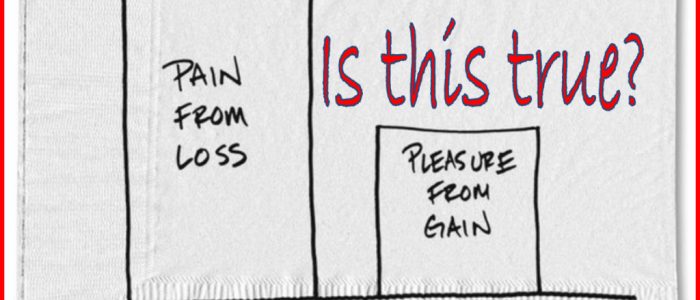No Magic Solutions
We at Mobus Creative Negotiating are constantly checking out the latest research to see what can help negotiators. We often talk about “behavioral economics” which one recent survey described as follows: “Much of behavioral economics consists in using psychological insights to influence behavior. These interventions tend to be small, often involving subtle changes in how choices are presented” (https://www.nytimes.com/2018/10/06/opinion/sunday/behavioral-economics.html).
Debates continue about how much difference such interventions make. Skeptics constantly try to poke holes in earlier work. For instance, consider the behavioral economists theory that we are reluctant to give up what we have: we value averting loss more than we value potential gain. A widely cited study gave half the participants a coffee mug and asked how much they would have to get to sell it, while the other half were asked how much they would pay to buy the mug. The first would sell only if they got $7 or more; the second would buy only if the price were $3 or below. This could be “loss aversion” – valuing having the mug more than valuing acquiring it. Or, as David Gal and Derek Rucker have tried to show with more refined experiments, this could be inertia based on lack of information: the participants do not know how much the mug is worth, and they won’t both changing their current situation (having a mug for the first group; not having a mug for the second) unless the incentive to do so is meaningful.
One could argue the difference between the two explanations – loss aversion vs inertia – is not really that big: in both cases, the insight remains that people may look at the mug differently when they have it than when they are considering buying it. But on the other hand, the loss aversion theory led some advertisers to redo their message in terms of loss rather than in terms of gain, and a “meta-analysis” of 93 studies of such redone message found no statistically significant differences in persuasive power. Well, maybe so – or maybe not; such studies often are influenced by how one frames the question. And while a two percent difference may not be statistically significant, a two percent difference in the price you get in a negotiation can make a huge difference to your profit.
Research is never completely definitive, and refinements are always needed. As things stand, we can say with confidence that there is no evidence that emphasizing gain instead of loss is a better idea, and there is some reason to think that emphasizing loss works better. But this is no “magic bullet” – it is at best a tip, a tool to consider. We at Mobus Creative Negotiating offer you a wide range of tools, and we warn that not every tool will work well in every situation.

